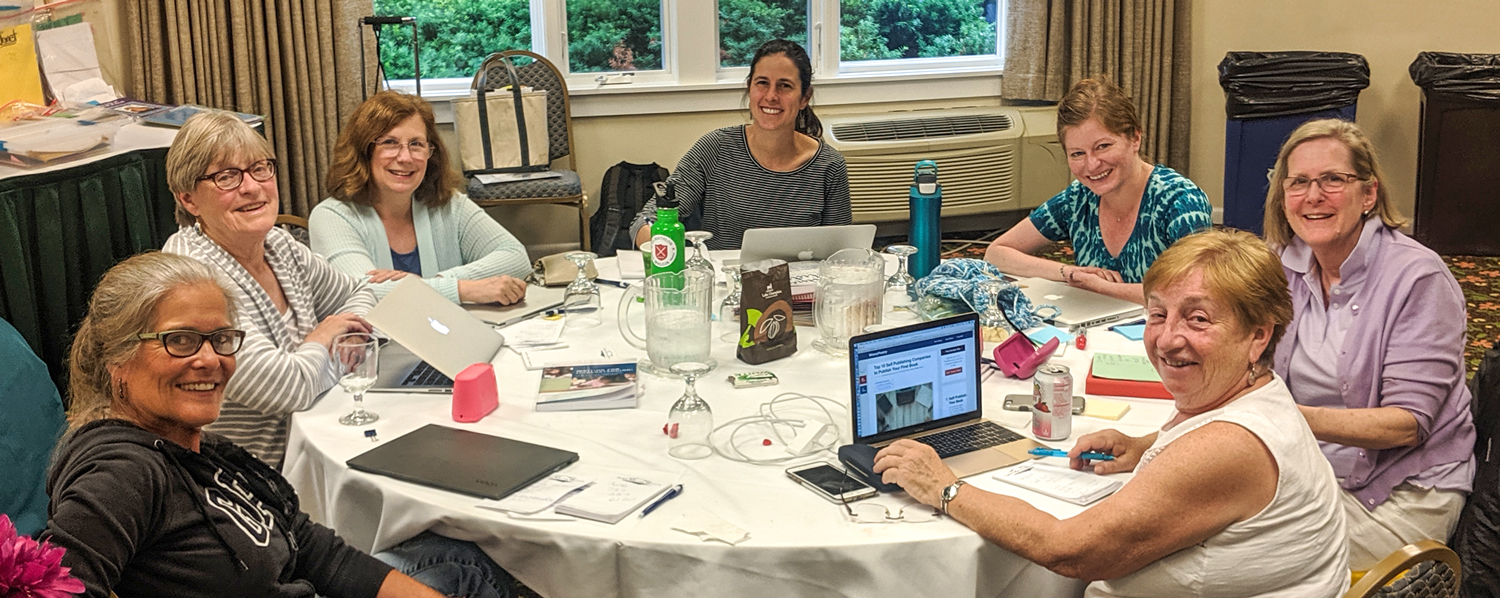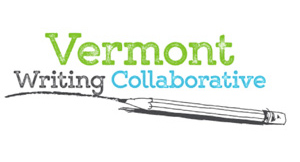
About 30 years ago, the state of Vermont undertook an ambitious project: using writing portfolios for statewide assessment. Working collaboratively to come to a shared understanding of student work was a powerful experience. As teachers who were deeply involved with writing portfolios, we found ourselves learning a great deal about what our students could and could not do.
The next question, then, was inevitable—once we saw what students couldn’t write, how could we help them? Since we were all teachers who cared a lot about content (How does this character change? How was the Constitution shaped by compromise? How do seeds grow?), we found ourselves integrating content and writing instruction in our classrooms. Before long, we had come to an epiphany: kids were not going to be able to write well if they did not know what they were talking about. Writing well was about… well, understanding.
We began to experiment and share various instructional techniques. Teachers of all grade levels across the country tried out ideas as well, and shared those with us. This was action research—at the most concrete and empirical level, in individual classrooms with real students with real needs. Again and again we asked: what could we do to help every single student write effectively at each grade level?
As we began to synthesize which elements were making a difference, we were able to participate in a formal research project, coordinated by the Vermont Institute. All of this work led us to the same conclusion: focusing on developing strong content knowledge before writing, and giving students clear tools for structuring their thinking and writing, made it possible for all students to write effectively.
In 2007, we formed the Vermont Writing Collaborative. The process of writing a book led to more delving into what others had learned, and we looked into every bit of relevant research we could locate that was related, even indirectly, to effective writing. After reading all the research we could find (and with the help of Grant Wiggins of Understanding by Design fame), we published Writing for Understanding in 2008, and Making it Work in 2021.
The Writing for Understanding approach is now used by tens of thousands of students across the country. We are committed to our mission — to ensure that all teachers have the tools they need to help their students write effectively.
Kristin Armstrong, MA of Teaching, Certificate in Teacher Training, Certificate in NDI (to be completed Spring 2024)
has taught MLLs/ESOL since 1999, both domestically and abroad. She became involved with the VWC in 2010, and has led workshops and presented nationwide. Her passion is creating equity and access for all learners through creative scaffolding and differentiated instruction. She currently teaches middle school full-time, enjoying a lively and diverse MLL population and co-teaching ELA and science.
Joey Hawkins, MALS
taught in public schools for 40 years, first teaching K – 6 special education in Minnesota, and then teaching middle school integrated humanities in a rural Vermont public school. She helped develop a Vermont writing portfolio system, and has worked extensively to help create writing curriculum materials nationwide. Joey co-authored the book Writing for Understanding: Using Backward Design to Help All Students Write Effectively and Making it Work: A Handbook for Writing for Understanding Instruction.
Karen Kurzman, Ed.D.
taught primary grades for 15 years and middle school/high school English Language Arts for 18 years before becoming a district supervisor and principal. She also worked at the Vermont Department of Education as a Language Arts Coordinator. One of the founders of The Vermont Writing Collaborative, she delivered workshops nationwide. She authored the book Developing Writers, and co-authored the VWC books, Writing for Understanding and Making it Work.
Diana Leddy, M.Ed.
is a nationally known consultant and expert on content integrated, standards-based writing curriculum and instruction. She was a K-5 classroom teacher for over 25 years, and a former National State Teacher of the Year. Diana currently works as an advisor, contributor and reviewer for organizations that create high quality ELA curriculum and materials.
Jane C. Miller, M.Ed.
was an elementary teacher for 42 years during which time she served as Burlington’s first writing coach working with 125 teachers in six schools. She was awarded the Vermont State Teacher of the Year in 1992 and a Christa McAuliffe Fellowship in 2000 when she worked for the State of Vermont. Jane currently supports the Collaborative’s efforts to provide effective, practical and manageable writing instruction in all classrooms for all students.
